Andrew Olendzki is one of my favorite writers on Buddhism. Together with S. N. Goenka, we learn that equanimity and wisdom work together for a happy life.
In the Tricycle article, Andrew says, “Mindfulness is the thin edge of a wedge that, if inserted deeply enough into our minds, will open them to wisdom. Whether or not this actually happens, however, depends on various causes and conditions.”
Olendzki’s writings in Tricycle Magazine and Insight Journal of the Barre Center for Buddhist Studies are always clear and easy to understand.
|
Cultivating Equanimity | October 20, 2014
|
Goenka teaches that there are two aspects of meditation: awareness and equanimity. Every sensation that comes during meditation should be experienced in such a way that develops equanimity.
When you be come aware of a pleasant sensation, don’t get caught up in it with grasping and craving. When you become aware of an unpleasant sensation, don’t get caught up in it with disgust and aversion. Notice that these sensations have a beginning, a middle, and an end. They are impermanent. Experience them all with the wisdom of equanimity.
During my recent bout of muscle invasive bladder cancer, there were times when there were plenty of unpleasant sensations, especially during chemotherapy. There were also times of great pleasure, for example when a group of us would get together for dinner and a period of meditation.
I think that because of my meditation practice, I was able to endure the pain a lot easier and experience the pleasure in the moment without longing for it to remain past its time. I remained equanimous for both. You can read all about it in my upcoming book, 7 Principles of Mindfulness in Healing.
How do you deal with pleasant sensations? How do you deal with unpleasant sensations? Do you go to the refrigerator when they are unpleasant? Do you indulge more when they are pleasant?
Books by Andrew Olendzki
 |
Unlimiting Mind: The Radically Experiential Psychology of Buddhismby Both broad and deep, this eye-opening book is one of the best available overviews of the radical psychological teachings underlying the Buddhist approach to freedom and peace. Sophisticated without being daunting, brilliantly clear without becoming simplistic, Andrew Olendzki’s writing is filled wit… [Read More…] |

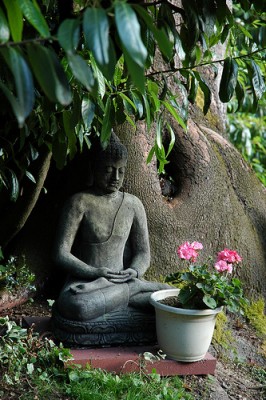


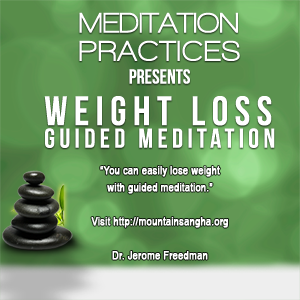
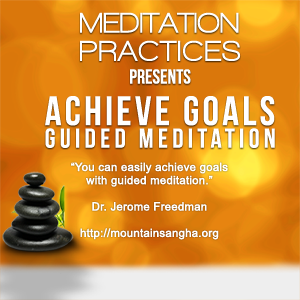
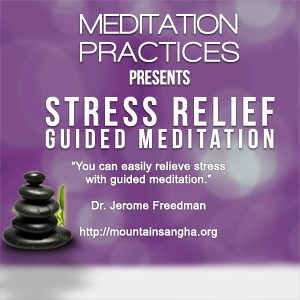
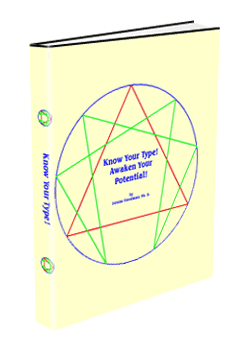
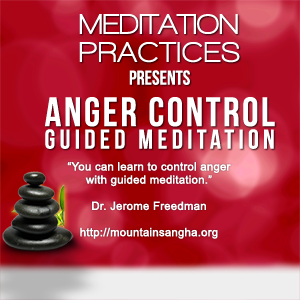
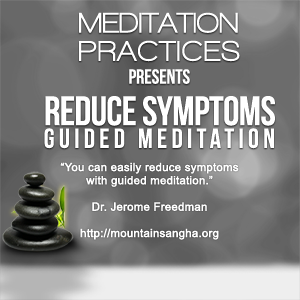




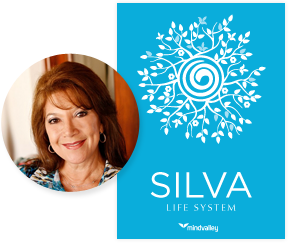
You must be logged in to post a comment.